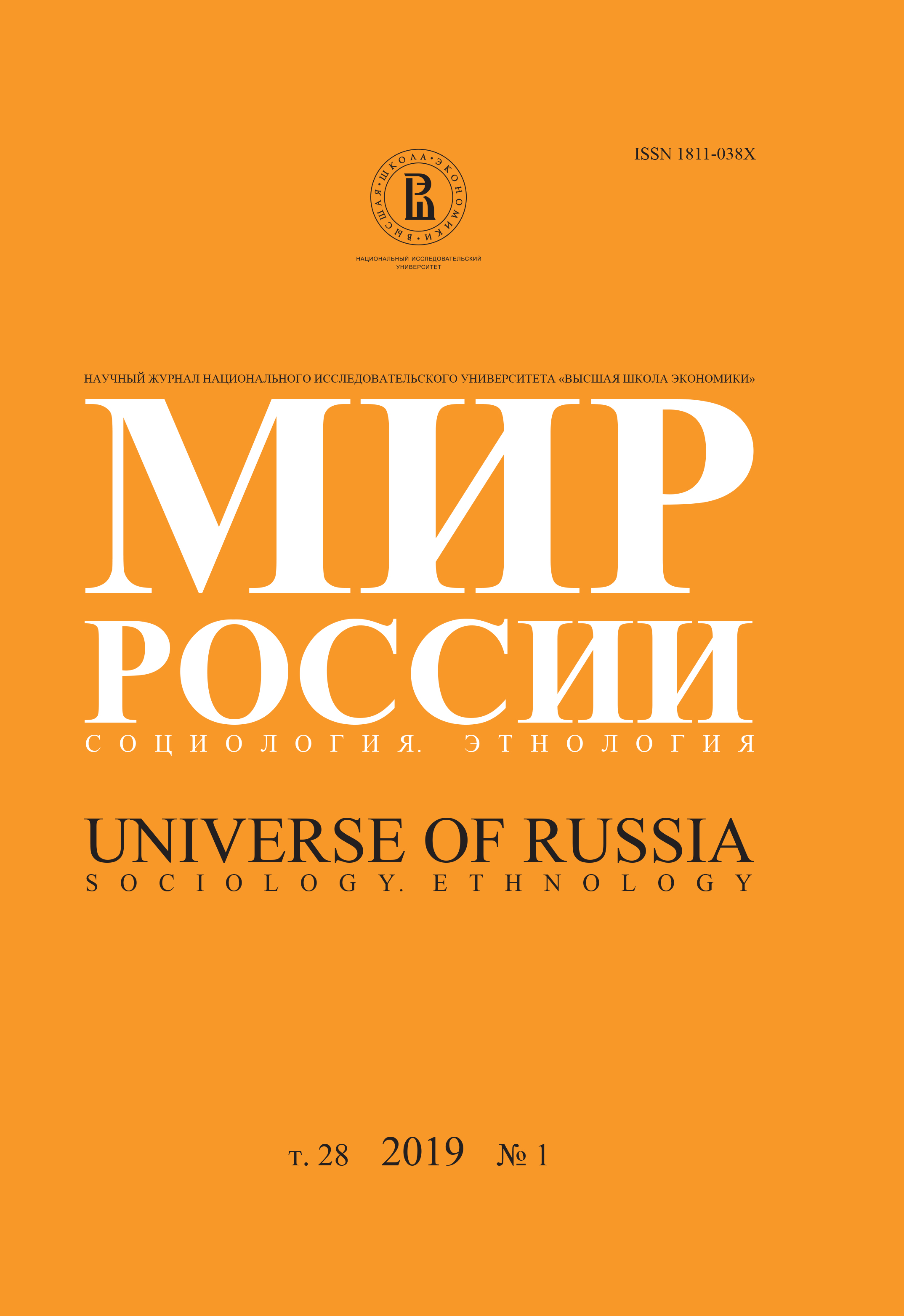The Dilemma of a Superpower
Abstract
Vladimir Karacharovskiy – Candidate of Science in Economics, Assistant Professor of Applied Economics Department, Deputy Head of the Laboratory for the Comparative Analysis of Post-Socialist Development, National Research University Higher School of Economics. Address: 20, Myasnitskaya St., Moscow, 101000, Russian Federation. E-mail: vvk@hse.ru
Citation: Karacharovskiy V. (2019) The Dilemma of a Superpower. Mir Rossii, vol. 28, no 1, pp. 32–53 (in Russian). DOI: 10.17323/1811-038X-2019-28-1-32-53
Characterizing countries as ‘great powers’ or ‘superpowers’ is deeply rooted in the contemporary socio-political discourse and public consciousness. The fundamental public good a superpower provides is its preventive character, however estimating the benefits of this type of good is complicated.
This article develops an approach to measuring the public cost of superpower status as a specific type of public good. It is based on an experimental solution to the classical budgetary dilemma, in which the additional cost of maintaining superpower status is weighted against two alternatives – ‘economic’ (i.e. investment in public well-being) and ‘humanitarian’ (e.g. investment in health provisions). Two types of experimental situations are tested: 1) a short-term program with a ‘soft’ model of a superpower (a moderate program maintaining national sovereignty in international relations) and 2) a long-term program with a ‘hard’ model of a superpower (i.e. an enforced program of total military parity with the West).
The findings suggest that society has a bipolar world outlook with a large share of the public supporting an understanding of the state’s power either as ‘external’ (centered on gaining an international force) or ‘internal’ (centered on economic and humanitarian wellbeing of citizens). Depending on the type of experimental situation the additional strengthening of superpower status was unconditionally supported by 32–40% of respondents. Conditional support (i.e. on one of the economic or humanitarian programs) was expressed by 40–49%.
On average, the upper limit of the acceptable cost of additional strengthening of the superpower was estimated at 1 million rubles per capita (for economic programs), and 1000 saved lives (for humanitarian programs). For the economic alternative this translates into a cost of 3–10% of GDP (depending on the type of experimental situation). For the humanitarian alternative, approval can be granted by investing in medical centers with an efficiency of about 1000 saved lives per year.
Finally, the study revealed that support for different types of superpower programs is conditioned by a number of social and demographic characteristics. Male and older age respondents are more likely to support superpower ambitions. Professionals are more likely to support the ‘soft’ versions of the superpower, and higher income groups tend to prefer the ‘harder’ version.






